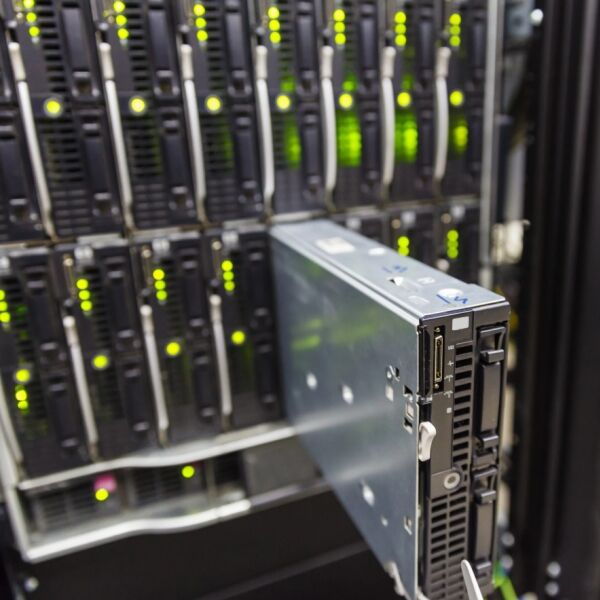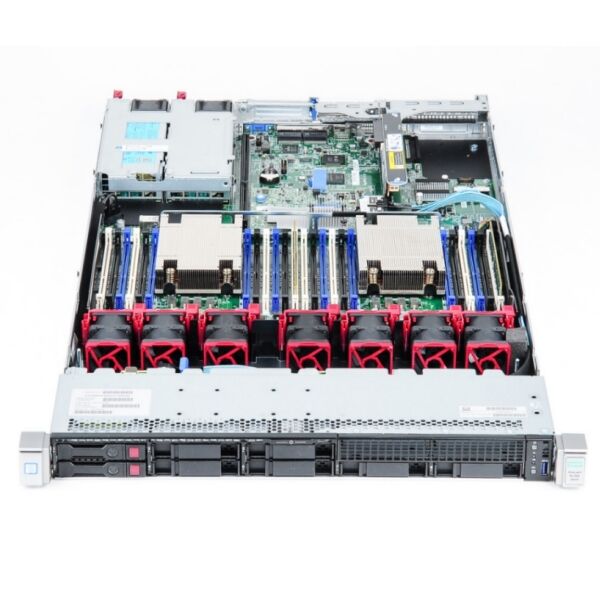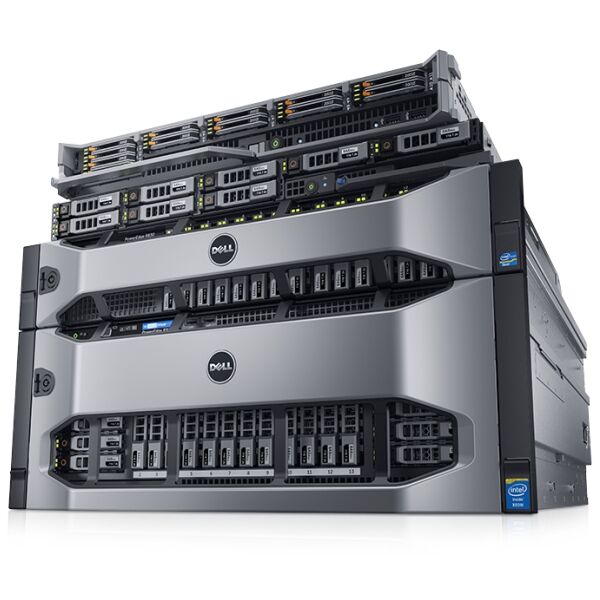server hard drive price
Server hard drive pricing represents a crucial consideration in modern data center infrastructure. These specialized storage devices are engineered for continuous operation in enterprise environments, offering reliability and performance that significantly surpass consumer-grade options. The pricing structure typically reflects various factors, including storage capacity, which ranges from a few terabytes to dozens of terabytes, performance specifications measured in IOPS (Input/Output Operations Per Second), and durability ratings. Enterprise-class server hard drives often feature advanced technologies such as helium-filled designs, which reduce power consumption and operating temperatures while increasing storage density. The price point also encompasses essential features like error correction capabilities, vibration resistance, and mean time between failures (MTBF) ratings that often exceed 1.5 million hours. Manufacturers typically offer warranty periods of 3-5 years, reflecting their confidence in the product's longevity. When considering server hard drive prices, it's essential to factor in the total cost of ownership, including power consumption, cooling requirements, and potential maintenance costs. The market offers various options, from traditional HDDs to high-performance SSDs, with prices varying significantly based on technology type and intended use case.


